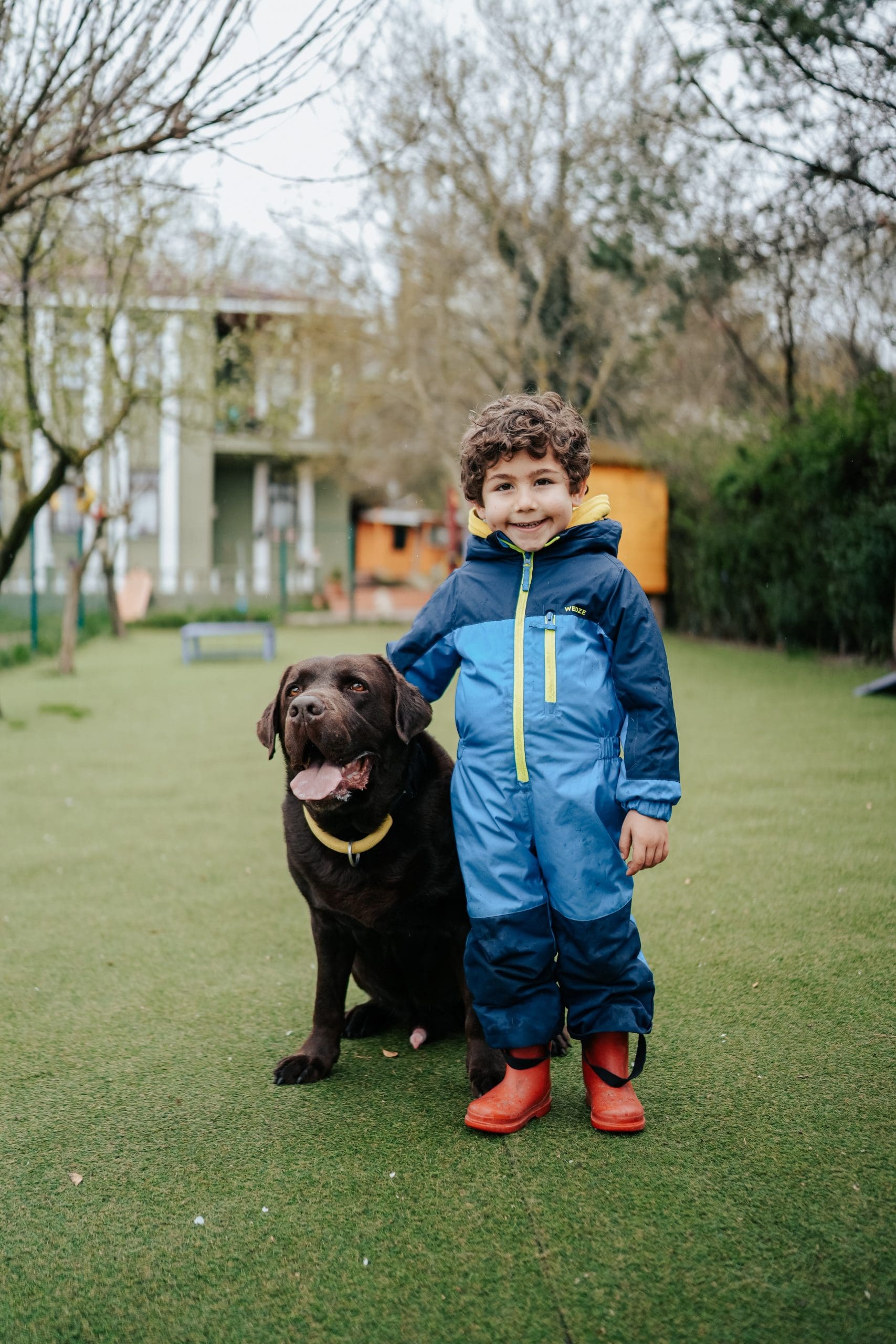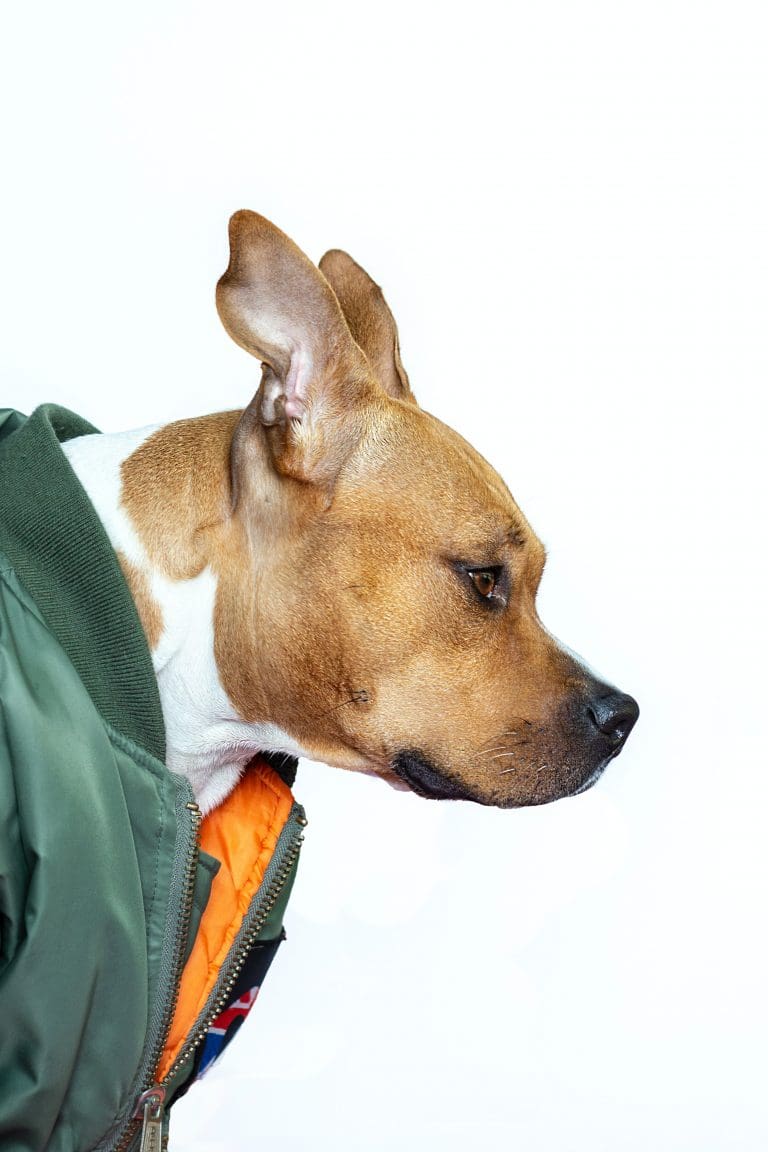How To Know If Dog Is Recovering From Distemper?
Post Date:
December 10, 2024
(Date Last Modified: December 13, 2024)
Watching a beloved pet endure a serious illness can be an emotional journey. Distemper, a highly contagious viral infection, poses significant risks, especially to puppies and unvaccinated dogs. It’s natural to feel anxious about your dog’s health during their recovery. Recognizing the signs of recovery from distemper is essential for providing the best care possible and reassuring yourself that your furry friend is on the mend.
Understanding the Recovery Process
The recovery timeline from distemper can vary based on several factors, including the dog’s age, the severity of the illness, and the promptness of diagnosis and treatment. Symptoms include respiratory issues, gastrointestinal problems, and neurological signs, making close monitoring crucial during recovery.
Improvement in Appetite
A key indicator of recovery is a noticeable improvement in appetite. Distemper often leads to a loss of interest in food. If your dog begins to show enthusiasm for meals again, it signals positive progress. An increased appetite typically correlates with overall well-being, as a recovering dog may become more eager for treats and mealtime.
Increased Energy Levels
Changes in energy levels are another important sign. Distemper can cause fatigue and lethargy, making dogs feel weak and uninterested in their usual activities. As recovery progresses, you may notice your dog becoming more active, wanting to go for walks, engage in play, or wag their tail more frequently. This resurgence of energy often accompanies a return to normal behavior.
Regaining Strength and Coordination
Pay attention to your dog’s ability to stand and walk. Distemper can impact muscle control and coordination, causing difficulty in movement. If you observe your dog gradually regaining strength and stability, this is a significant recovery milestone. Providing a safe space for gentle exercise can encourage further improvement, but always consult your veterinarian before introducing any new activities.
Behavioral Changes and Mood
Monitoring your dog’s demeanor can provide valuable insights into their recovery. Distemper may cause anxiety or behavioral changes. As your dog heals, you might see a shift in their mood, becoming more social and seeking affection. A return to their usual playful and curious traits is a reassuring sign of improvement.
Respiratory Health Monitoring
Keep a close watch on your dog’s respiratory health. Distemper often leads to coughing and breathing difficulties. A reduction in these symptoms indicates recovery, but any persistent coughing or respiratory distress should be reported to your veterinarian to rule out secondary infections or complications.
Neurological Monitoring
Neurological symptoms can also arise from distemper, such as seizures or twitching. If your dog exhibited these issues, a decrease in their frequency or severity is a hopeful sign. Neurological recovery can take time, so ongoing monitoring and veterinary check-ups are essential for ensuring complete recovery.
Maintaining Hydration
Hydration plays a critical role in recovery. Distemper can lead to dehydration, particularly if your dog experienced vomiting or diarrhea. Ensure your dog has access to fresh water at all times. If they are drinking regularly and showing no signs of dehydration, such as dry gums or lethargy, it indicates positive progress.
Veterinary Check-Ups
Regular veterinary visits are essential during the recovery phase. Your vet will monitor progress, conduct necessary tests, and offer tailored advice for your dog’s specific needs. Maintaining open communication with your veterinarian about any changes you observe is crucial for navigating the recovery process.
Creating a Nurturing Environment
A calm and nurturing environment is vital during recovery. Stress can impede healing, so provide a quiet space for your dog to rest. Encourage gentle interactions with family members while being mindful of your dog’s energy levels. Allow your dog to set the pace for their recovery, as each dog heals at its own rate.
Vaccination Awareness
After recovery, it’s important to consider your dog’s vaccination needs. Distemper is preventable through vaccination, so ensure your dog is up-to-date on all vaccines to protect them from future infections. Consult your veterinarian for the appropriate vaccination schedule based on your dog’s health history.
Staying Positive and Supportive
The journey of recovery from distemper can be challenging, but remaining patient and optimistic is essential. Each small sign of improvement is worth celebrating. Your love and support play a crucial role in your dog’s healing process. By providing care, attention, and a safe environment, you can help your dog regain strength and vitality.
Caring for a dog recovering from distemper can be tough, but it is also a time for deepening your bond. The love and attention you give during this critical period help your dog feel secure and cherished, vital for their recovery. Celebrate the small victories as your furry friend gradually returns to their lively self.






